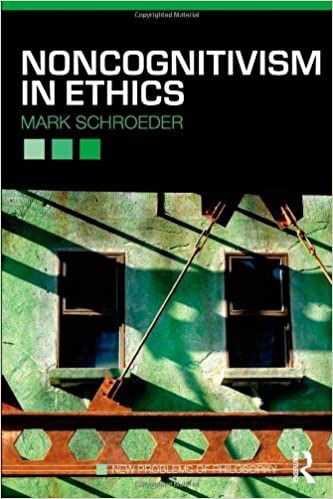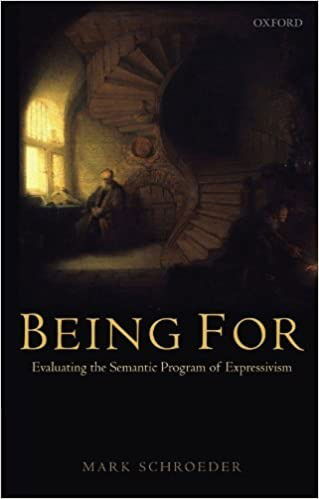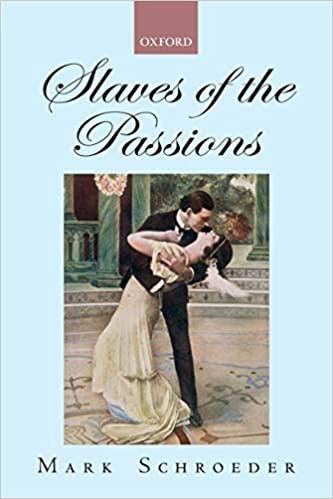Strawson and Evans on Truth

By Mark Schroeder

It is hard to read the transcript of Strawson and Evans’ discussion as anything other than a staged rehearsal of a set of issues about truth about which they shared a common awareness and to which they intended to jointly introduce their audience. But this doesn’t make the prescience of much of their conversation any less remarkable – on the contrary, looking back from 2020 it is especially humbling how many important pieces of what have felt like earned progress over the intervening decades were considered by them to be sufficiently common ground to be worth deliberately rehearsing in this way.
Nevertheless, the things that I find most striking about the conversation concern what they take for granted. In her opening statement, Susan Wilson describes the project as concerned with “how all true statements resemble one another”. Strawson then characterizes Ramsey’s formula by saying that “what it is for a statement to be true, or a belief to be true, really admits of a simple answer”. And Evans doesn’t take issue with this formulation, allowing that “[w]e both agree that we want a general account of truth”.
But given Evans’ emphasis on what he calls the ‘thin interpretation’ of Ramsey’s formula, I don’t think that we should accept that there is any way that true statements all resemble one another, nor any answer to what it is for a statement to be true. There may instead be rich and illuminating things to say about what is involved in calling a statement true, or in thinking that it is true, but once we interpret Ramsey in Evans’ thin way, we no longer need there to be any such thing as truth that all true statements have in common than we need there to be any such thing as the ought to look after relationship that John and his mother have in common with all other pairs of people, one of whom ought to look after the other (to borrow Evans’ own example).
Moreover, I think that Strawson and Evans’ discussion includes the seeds of a powerful argument that there can’t be any single answer to how true statements resemble one another, or to what it is for a statement to be true. Consider a simple case. On Saturday the only thing that Peter says is, “tomorrow everything that Gareth says will be true.” Then the next day, the only thing that Gareth says is, “Yesterday Peter said something that is not true.” A familiar paradox looms. Either answer to whether what Peter says is true commits us to the other – and worse, it is Ramsey’s formula that creates the trouble.
The familiar answer to Strawson and Evans would be to reject the possibility of indirect self-reference like this, by regimenting our language following Tarski with a hierarchy of truth predicates. But Strawson and Evans are heartily in agreement that Davidson’s appeal, borrowing Tarski, to truth-in-a-language misses what is universal about truth. And the same reasoning, I think, should lead us to reject both the idea of distinguishing between different meanings of ‘true’ in our object language, and also of distinguishing between object-language ‘true’ and our own use of ‘true’ when theorizing about our object-language – given, of course, that we are theorizing about English while speaking English.
As with Strawson and Evans’ own discussion, I have left many loose strands. But when the details are filled in, this shows, I think, not only that we can theorize interestingly about truth without postulating anything that all true statements have in common, but that we must do so. Understanding truth does not teach us whether the liar is true, but instead that there are no good answers to whether the liar is true. And similarly, it teaches us not whether the truth-teller is true, but that any answer is a good one. Evans’ ‘very thin’ interpretation of the Ramsey formula should not be interpreted as giving us a thinner answer to what makes things true, but instead an answer to what we are committed to when we call them true.
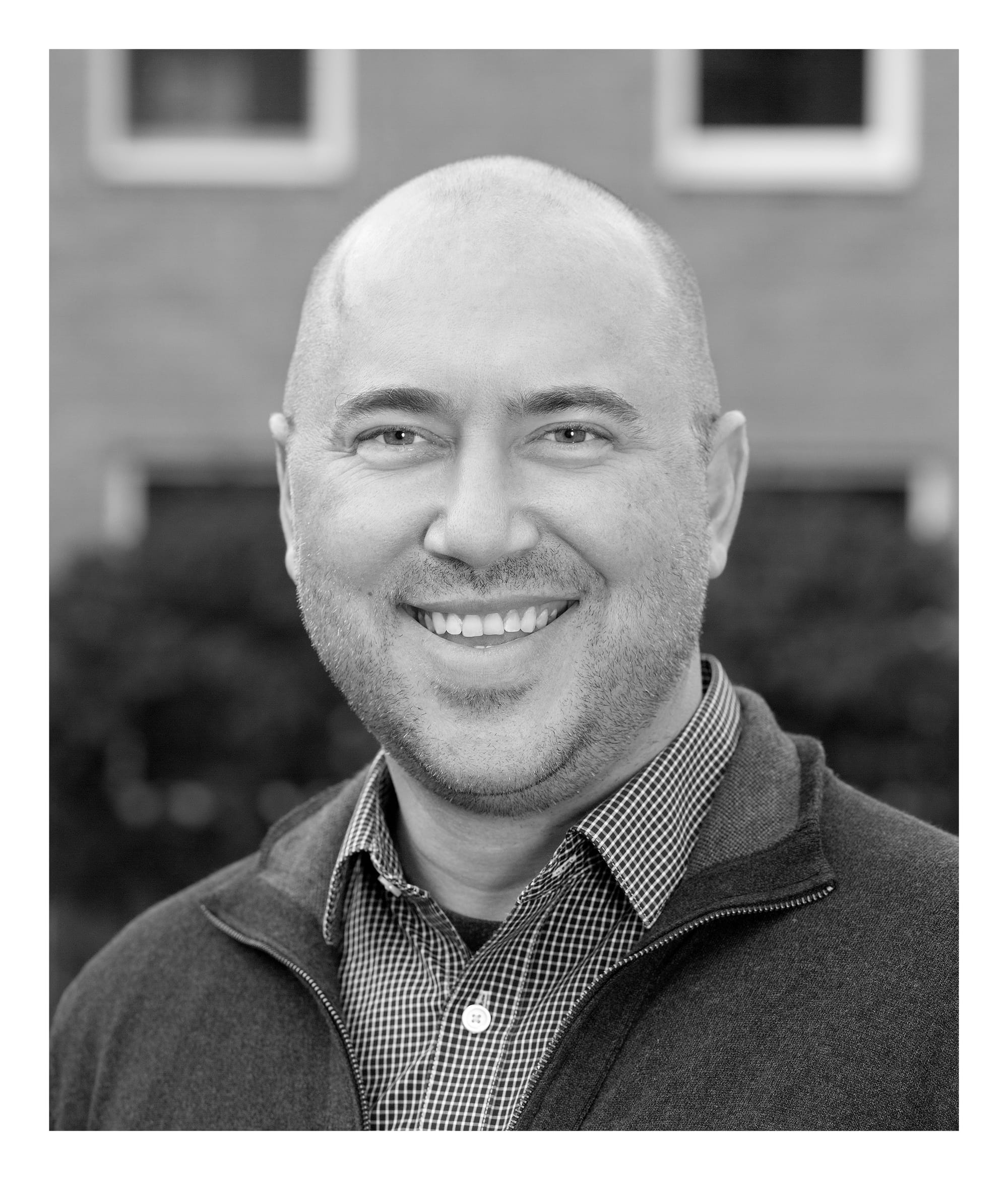
ABOUT THE AUTHOR
Mark Schroeder is a professor of philosophy at the University of Southern California. His interests range widely across areas of philosophy that are in some way connected with metaethics, including topics in epistemology, metaphysics, normative ethics, practical reason, and the philosophy of language, andhe has also published on the history of ethics. He is interviewed at 3:16 here.His books include:
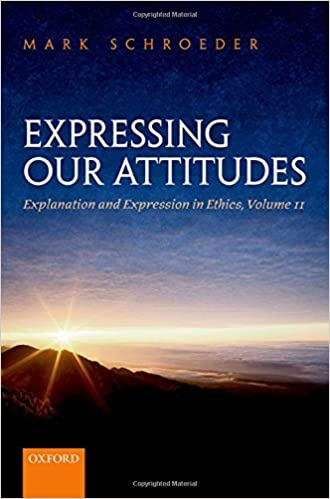
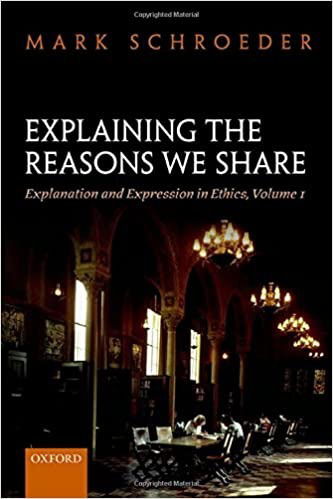 Explaining the Reasons We Share
Explaining the Reasons We Share
